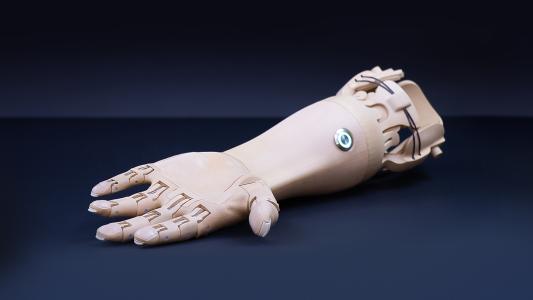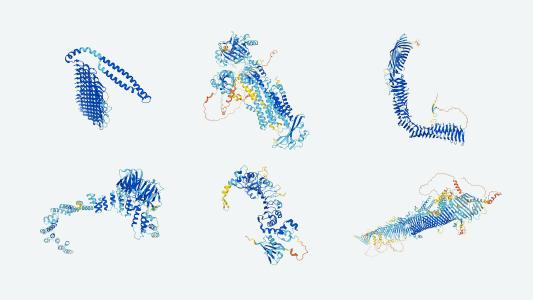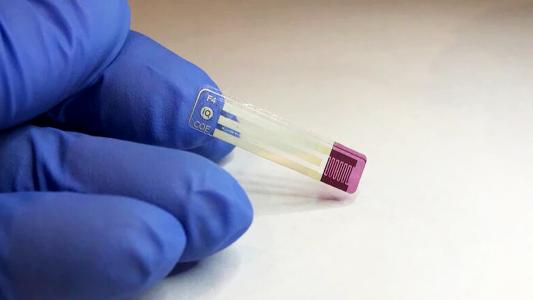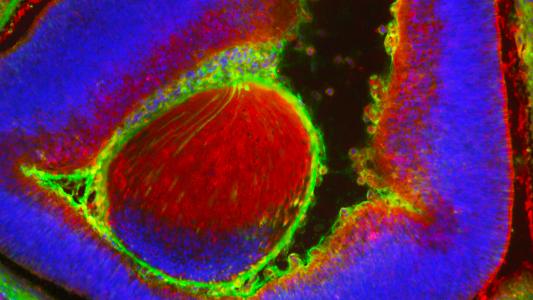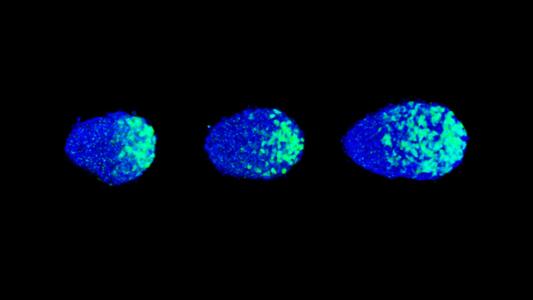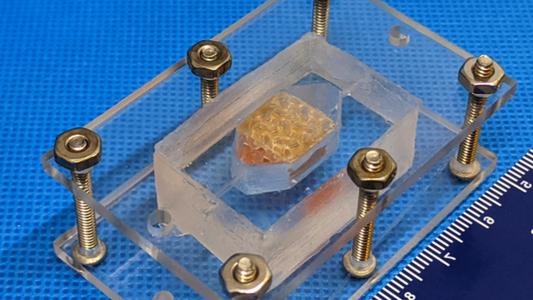Biology
The bold plan to bring back the American chestnut
Researchers plant a small experimental orchard of hundreds of transgenic American chestnut trees near the coast of Maine, to restore the species.
Farmers in England begin massive DIY “rewilding” effort
Farmers in East Anglia are organizing what may be England’s largest rewilding project.
Series|
Challengers
26-year-old builds $8,000 mind-controlled bionic arms
Bionic arms used to cost $80,000. Now, a young engineer has lowered the cost by over 90%.
DeepMind releases massive protein structure database
DeepMind is releasing a massive database of protein structure predictions that includes all the molecules in the human proteome.
The world’s first needle-free diabetes test
A needle-free diabetes test that measures glucose levels from saliva, not blood, could be ready for consumers as soon as 2023.
Castration linked to younger DNA and biological age
A study measuring biological age in castrated sheep has yielded a discovery that could inform anti-aging research for people.
Anyone can now make mouse-human chimeras
A newly published how-to guide for making mouse-human chimeras could lead to treatment breakthroughs for countless diseases.
Mouse embryos with beating hearts grown from stem cells
Mouse embryos with muscles, blood vessels, and beating hearts have been grown from stem cells — bringing lab-grown organs closer to reality.
3D-printed liver tissue may be first step to lab-grown organs
A NASA challenge designed to accelerate tissue engineering has announced two winning teams, both of which used 3D bioprinting to create human liver tissue.
Want strong teeth? Eat this candy.
Researchers claim to have invented an experimental breath mint that may renew tooth enamel and strengthen teeth, and it’s already headed into human trials.


